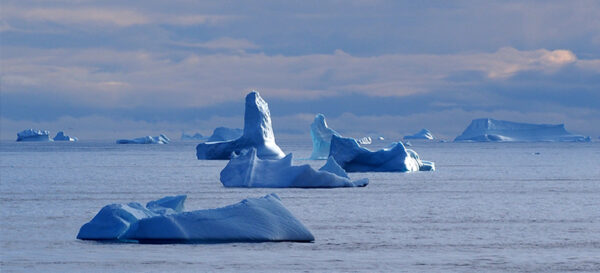In this symposium we will address the potential evolution of the ocean in warming climate. We will learn from the geological past as well as from the present knowledge in oceanography, carbon- and ecosystem sciences and numerical modelling.

Global warming is a great challenge for humankind. Most countries have therefore signed an agreement to reduce carbon dioxide emissions in order to keep and the average atmospheric temperature increase from ever reaching 2 °C, preferentially staying below 1.5 °C. Less discussed is that the ocean warming accounts for more than 90% of the total energy stored from global warming from 1971 to 2010 (IPCC AR5). This large change will continue in the future as long as the concentrations of greenhouse gases continue to increase. The atmospheric temperature will most likely continue to rise, but what will the effects in the ocean be? Temperature fronts will change as will the vertical ocean stratification with likely impacts on ocean currents. These and other changes related to an ocean warming will affect the ecosystem, including carbon fluxes within the ocean and exchange with the atmosphere.
In this symposium we will address the potential evolution of the ocean in warming climate. We will learn from the geological past as well as from the present knowledge in ceanography, carbon- and ecosystem sciences and numerical modelling.
Lectures by:
• Stephanie Dutkiewicz, Massachusetts Institute of Technology, USA
• Kristina M. Gjerde, IUCN Global Marine and Polar Programme
• Christoph Heinze, University of Bergen, Norway
• Sverker Jagers, University of Gothenburg, Sweden
• Larry Mayer, University of New Hampshire, USA
• Paul Pearson, Cardiff University, UK
• Peter Schlosser, Columbia University, USA
This symposium is funded by Bolin Centre for Climate Research and Baltic Sea Centre at Stockholm University, Centre for Collective Action Research (CeCAR) at University of Gothenburg and the Royal Swedish Academy of Sciences.